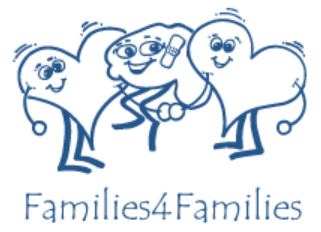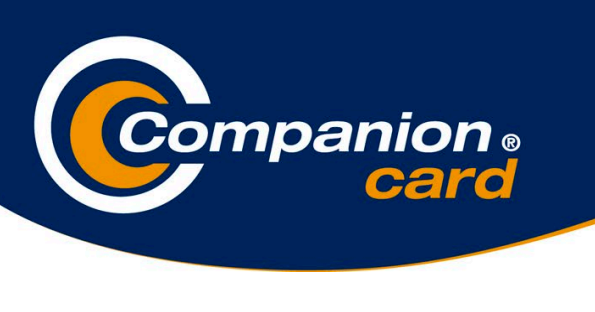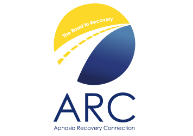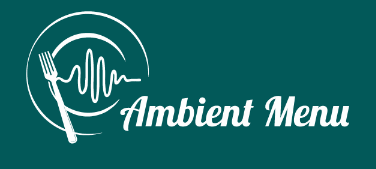Information For Family, Friends, And Carers
Having aphasia after a stroke or brain injury is a very traumatic experience, not only for the survivor but also for family, friends, and carers. Families need support and information on how to cope with aphasia, and how to support their loved one with aphasia.
Early Stages Of Aphasia:
- Limit visitors to one or two at a time. One-to-one communication is often easier. Two visitors may take the pressure off the person with aphasia if they are struggling to communicate. Large groups of family visiting can make communication more difficult, especially if there is noise and lots of talking all happening at once.
- Allow quiet time and rest. Talking and communicating can be tiring.
- Speak to the Speech Pathologist about how best you can communicate with the person with aphasia. Ask them to demonstrate and teach you the strategies
- Be prepared to ask the doctor and therapists for information about what’s happening, what you can expect, and what you can do to help.
Family Changes And Role Changes
Partners and family may feel uncomfortable or overwhelmed with suddenly finding themselves in the role of “carer”. They may not feel qualified or confident to take on the role. This is normal to feel like this.
After the initial shock and fear of someone acquiring aphasia, family members may need to reorganise their lives and the roles they play within the family. This may mean an increased workload for the primary carer and the family.
The severity of aphasia can vary greatly, as can the presence and severity of physical disability. Having a stroke or brain injury, as well as aphasia, may impact on:
|
|
The importance of the primary carer taking breaks and accepting help is critical. Support from family and friends can be invaluable in the early days of recovery as well as long term.
Useful External Resources
The following resources and organisations can provide you with additional information and support. Further external links are available within the "Research & Useful Links" web page or if you have specific questions you require support with please get in touch with Aphasia SA via the contact page.





